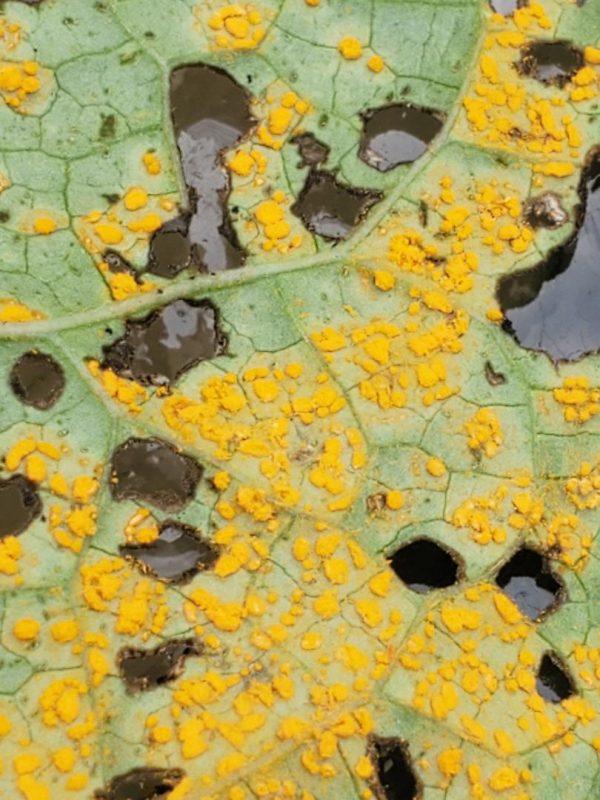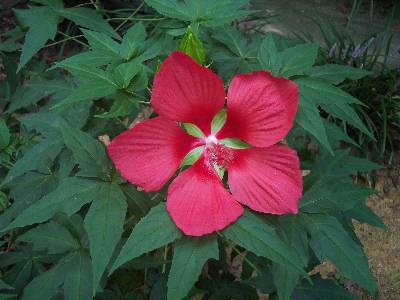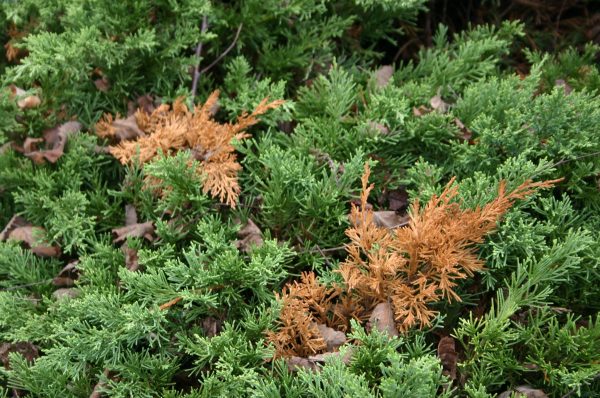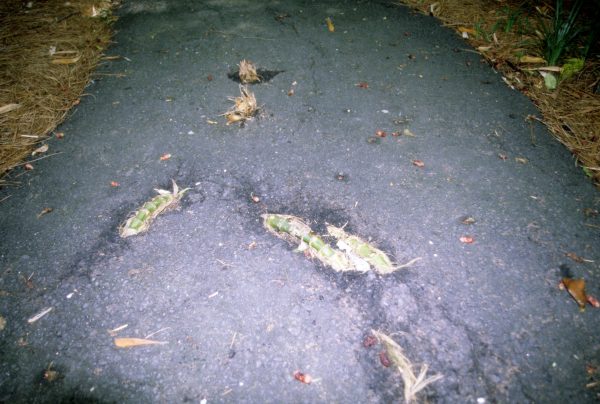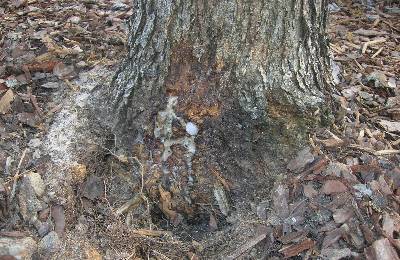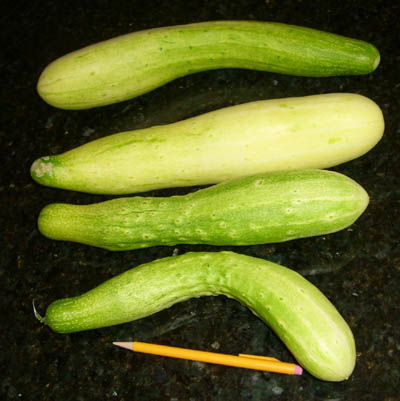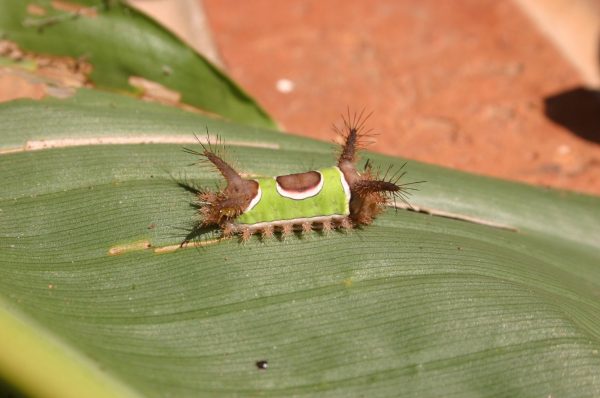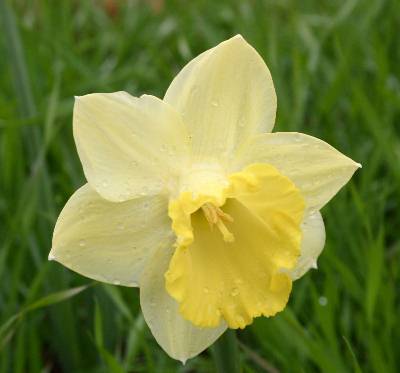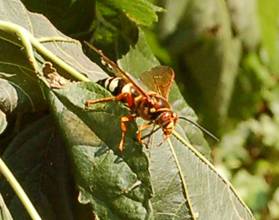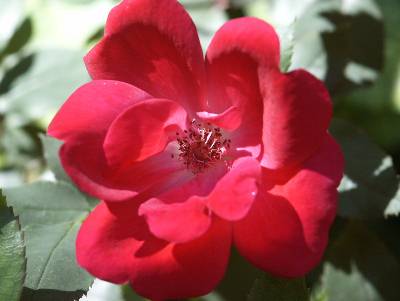Jasmine – Pruning
Q: I have recently moved into a new house with a large garden in mostly full sun. Several jasmine are planted around the house. They bloom white during the summer. I’ve been pruning away at them because they are vigorous and I don’t want them to take over but since I started pruning them they haven’t bloomed as much. When should I correctly prune them?
A: Poet’s jasmine, Jasminum officinale, is hardy to Zone 7b so it will withstand most winters in Atlanta. However, yours will need protection if temperatures drop into the ‘teens. The vine blooms on new growth so you can prune it in spring after assessing if it has been damaged during the winter.
According to www.floridata.com, there are about two hundred species of jasmine. Jasmine perfumes are made from the flowers of several species, including Jasminum odoratissimum, an evergreen shrub from the Canary Islands. An essential oil from Spanish jasmine, (J. grandiflorum) is used externally to relax the body and soothe dry skin. Jasmine tea is flavored with the flowers of Arabian jasmine (Jasminum sambac).
Many unrelated plants with strongly fragrant flowers are also called jasmine. Confederate jasmine, which also is called star jasmine, Trachelospermum jasminoides is an evergreen (but not fuzzy-leaved) vine or spreading shrub, in the dogbane family. Night-blooming jasmine, Cestrum nocturnum belongs to the nightshade (Solanaceae) family. Cape jasmine is another name for our common gardenia, Gardenia jasminoides. South Carolina’s state flower, Carolina jasmine (which most of us call Carolina jessamine), Gelsemium sempervirens, is in the same family as butterfly bush.



